Super Eagles: There are few things that sap the momentum of a team faster than money problems. You can feel it in small ways — a conversation that dies mid-sentence, a practice session that lacks its usual laugh, players wandering off to talk privately. That’s where the Super Eagles find themselves right now. On Tuesday in Rabat, Morocco, the Nigerian squad and some officials walked out of training, refusing to go through the motions. The reason? Unpaid bonuses and allowances stretching back years, including promises from as far back as the 2019 Africa Cup of Nations and more recent qualifying matches. It’s ugly. And it’s painfully familiar.
Why they walked out
The immediate cause of the stoppage is straightforward: players and staff say the Nigeria Football Federation (NFF) still owes them sums that were promised for past competitions. Those unpaid dues have piled up and, frankly, they’re not trivial amounts for the players. Negotiations were happening when the squad decided to pause — players are asking for $30,000 per win in the upcoming playoff matches, and the NFF has offered a lower figure. That disagreement, apparently, was the straw that broke the camel’s back.
Also read: A Giant Offer — Will Mohamed Salah Really Leave Liverpool for Saudi Money?
What makes this feel worse than a simple contract spat is timing. This happened roughly 48 hours before a do-or-die 2026 World Cup African playoff semi-final against Gabon at Moulay Hassan Stadium. You don’t need me to tell you how critical that match is; World Cup qualification is the sort of thing that changes careers and lives. And yet, here we are, with training stalled and focus splintered. It’s hard not to think — if the board and the players can’t bridge this gap now, what hope is there for a timely fix? Maybe they’ll settle it quickly. Maybe not. Either way, the match is coming fast.
A familiar story
If you’ve followed Nigerian football, none of this will surprise you. There’s a long history of financial disputes between players and the federation. Debts from AFCON 2019? That’s been mentioned before. Recent qualifiers? Also on the list. These aren’t isolated incidents; they’re symptoms of deeper governance problems — poor planning, shaky funding models, and sometimes, unclear accountability. I don’t want to overstate things — administration is complicated, and federations everywhere wrestle with money — but there is a pattern here, and it’s wearing on everyone involved.
Let’s not forget the people in this story. For a player, promised bonuses are more than a gesture; they’re often part of how they budget for the year, support families, or invest in their careers. When payments are late or missing, it creates stress and distraction. I’ve watched teams perform better when the off-field stuff is settled; confidence grows in increments. Conversely, resentment simmering under the surface eats at unity. You can see that in training when passes are clipped, when conversations go quiet between teammates who should be joking. It’s subtle, but it’s there.
Negotiation — and the stakes
The sticking point is clear: the players want $30,000 per playoff win, and the NFF’s offer is lower. On paper, that’s a negotiation — a give-and-take. But when trust has frayed, negotiations get messier. Players want assurances they’ll be paid this time; the federation may be calculating funds, sponsors’ inputs, or government allocations. Both sides have reasons to be cautious. Yet the urgency of the upcoming match compresses that timeline into something almost unbearable. The players need assurance now, not in a week. The federation needs to avoid setting a precedent that could strain future budgets. It’s a classic conflict between short-term necessity and long-term structure.
Impact on the match
What does this mean for the game against Gabon? Hard to say exactly. Teams are resilient. Coaches and players can steel themselves and perform under pressure. But the disruption of training — even briefly — can alter preparation. Tactics that need repetition might be patched together. The psychological edge might shift either way: Gabon could see this as an advantage, or maybe they underestimate the Super Eagles’ drive to prove a point. Sports are full of unexpected turns; sometimes a team rallies in the face of chaos and plays their best. I’m not predicting the outcome; I’m just noting that this kind of off-field trouble rarely helps.
Also read: Why Arne Slot’s Pitch Tilted Florian Wirtz Toward Anfield
What could fix it — fast
Realistically, a quick resolution would involve clear, written guarantees and perhaps immediate partial payments to show goodwill. Public statements from both sides with a timeline might calm nerves. But these fixes require honest engagement: transparent accounting from the federation and credible pledges to honor payments from the parties controlling the purse strings. The alternative is a drawn-out dispute that bleeds into the match, and nobody wants that.
A broader question
Beyond this single episode is the broader question of how Nigerian football is run. Are there structural changes needed? Possibly. Better financial planning, transparent contracts, independent oversight — these are ideas often floated after every flare-up. Ideas are easy to list; implementation is hard. Still, if Nigeria wants sustained success on the international stage, the administrative side must evolve. Players can only do so much on the pitch if the off-field environment remains unstable.
Final thoughts
There’s urgency, frustration, and a fair bit of history in this story. The Super Eagles want to focus on a crucial playoff match; that seems obvious. The NFF wants to manage finite resources and avoid setting precarious precedents. Both are legitimate. For now, what matters is whether common ground can be found quickly enough to let the team prepare properly. If I had to guess — and I’m not certain — some kind of interim agreement or immediate partial payment will likely be the pragmatic path chosen. Players will play if they feel reasonably assured. They always do, in the end, when it matters most. But they shouldn’t have to drag this kind of weight into a World Cup qualifier. It’s messy, and it’s human.


![When Two Pregnancies Collided: My Story — Omo Local’s Truth 2 How me and my best friend got pregnant for my husband – Actress Omo Local [VIDEO]](https://wowplus.net/wp-content/uploads/2026/03/how-me-and-my-best-friend-got-pregnant-for-my-husband-actress-omo-local-video-680x1020.jpg)
![Why Older Partners Sometimes Make Life Easier 3 Older men allow you get away with a lot of things – Joke Silva [VIDEO]](https://wowplus.net/wp-content/uploads/2026/03/older-men-allow-you-get-away-with-a-lot-of-things-joke-silva-video-680x384.jpg)
![Seyi Law Backtracks on “Safer” Nigeria Comment 4 Seyi Law makes U-turn, apologizes for saying Nigeria is safer than 10 years ago [Video]](https://wowplus.net/wp-content/uploads/2026/02/seyi-law-makes-u-turn-apologizes-for-saying-nigeria-is-safer-than-10-years-ago-video-680x680.jpg)
![“I’m Scared — VeryDarkMan Says Seyi Tinubu Threatened Him” 5 Seyi Tinubu is threatening my life – VeryDarkMan cries out [VIDEO]](https://wowplus.net/wp-content/uploads/2026/02/seyi-tinubu-is-threatening-my-life-verydarkman-cries-out-video-680x408.jpg)


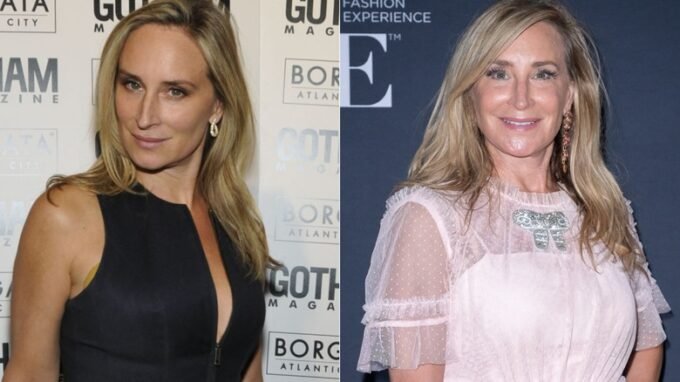

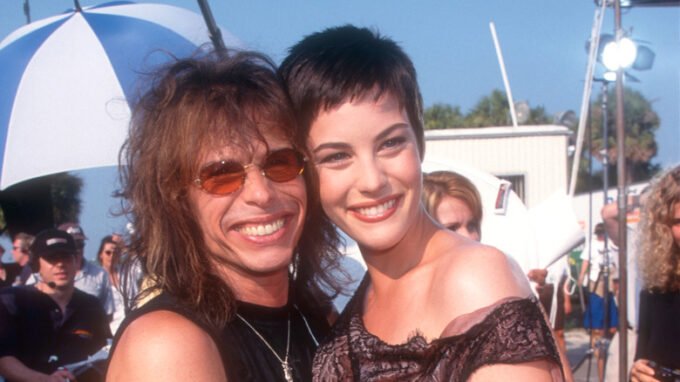












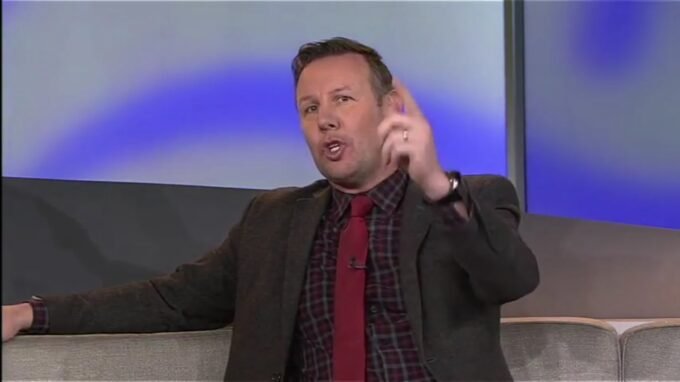
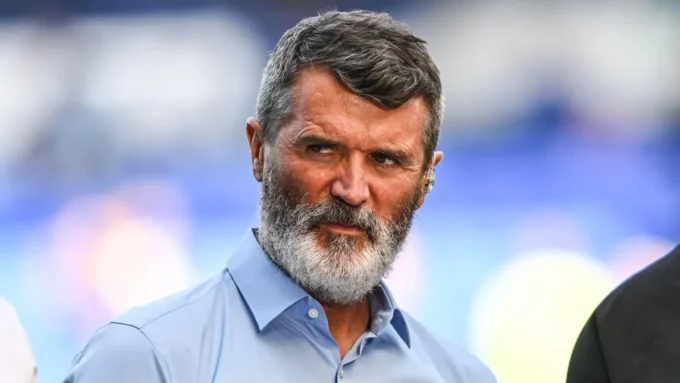
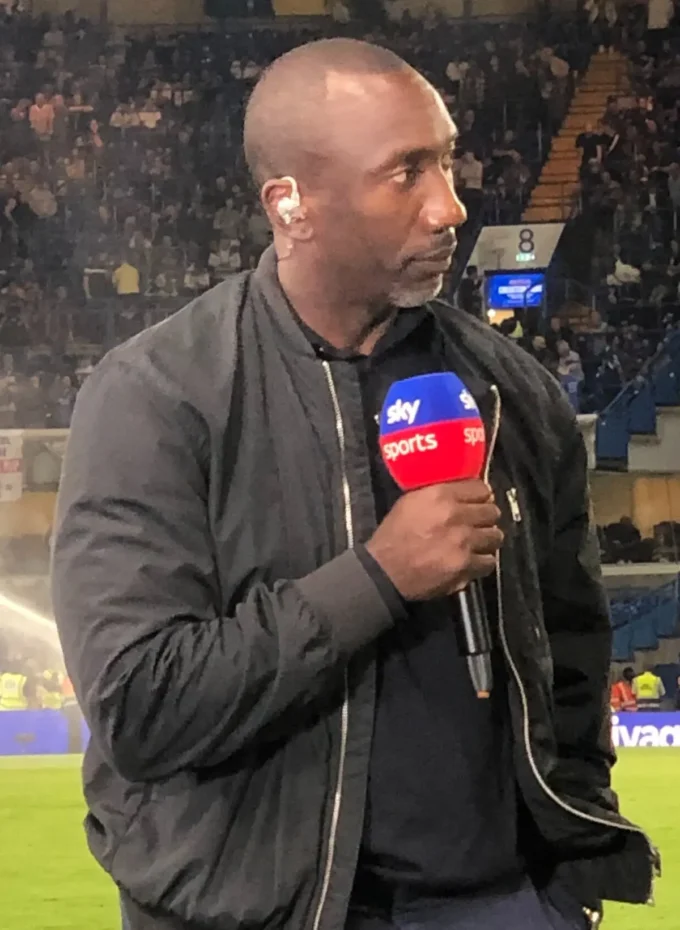


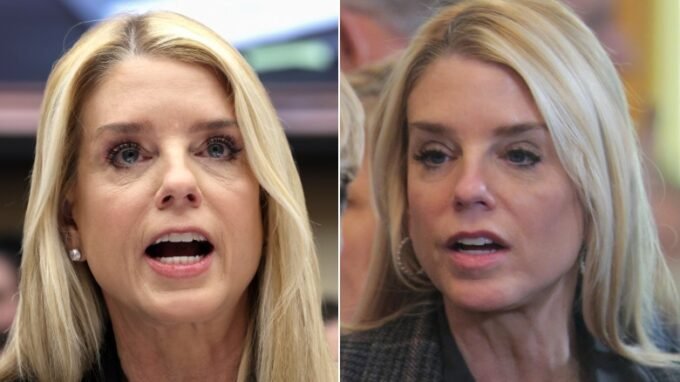
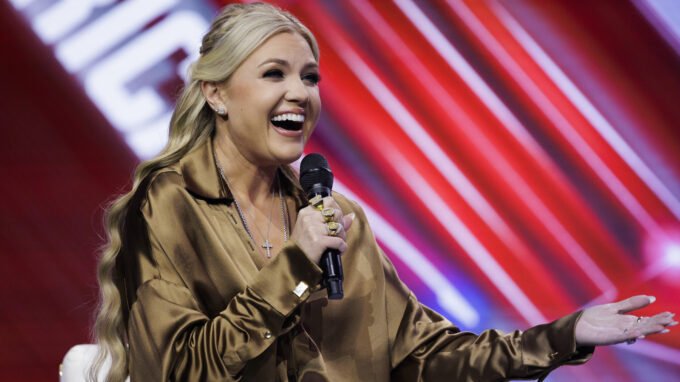
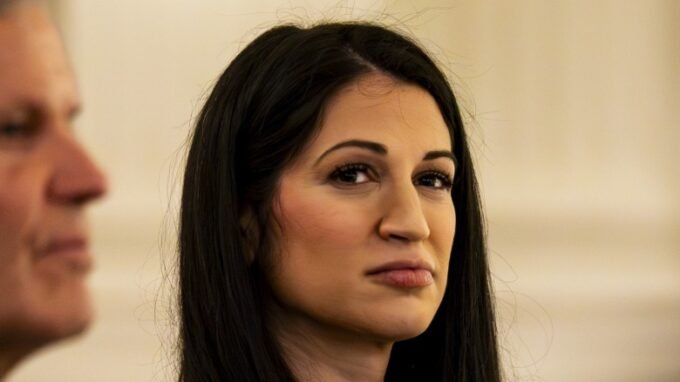
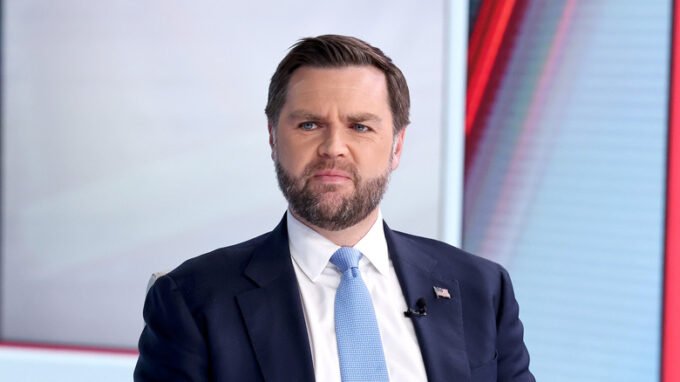
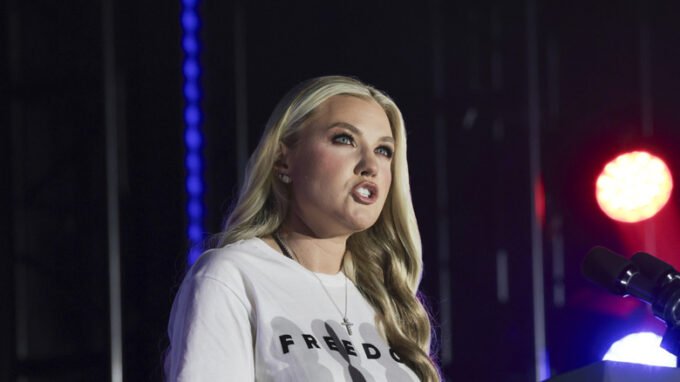








Leave a comment